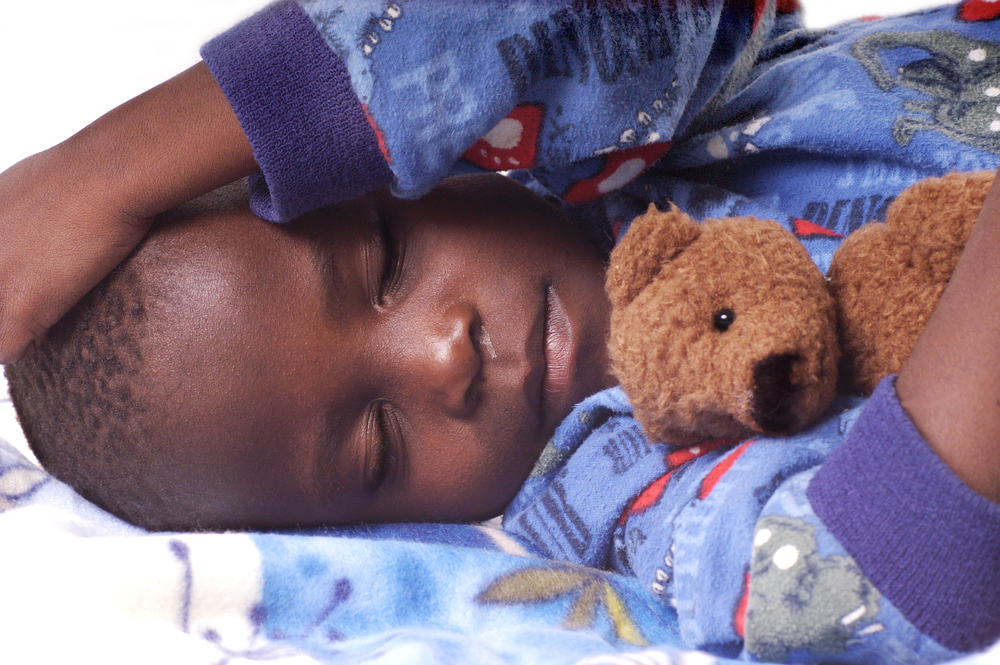Attn insomniacs: before you take your kid to the the doctor for his or her own sleep problems, be aware that your doc might be curious to find out what’s up with your sleep patterns instead.
A new study out of Finland showed that parents who slept poorly overestimated the sleeping problems of their children when compared with parents who slept better. The finding “verifies parental sleep as an influential factor in pediatric sleep disturbances” and points to the “importance of considering parental sleep quality in the diagnosis and treatment” of kid’s sleeping problems.
So, in days to come, kid’s sleep research might involve a lot more taking into account parent’s own experience and attitudes about sleep.
The study recorded data from the sleep performance of 100 children aged 2 to 6, and compared it with a sleep diary that parents kept on their children’s sleep. The parents also completed the Jenkins’ sleep scale on their own sleep. The sample size of the study was pretty small, but “the only thing that was associated with sleeping problems, as reported by the parents, was their own reported sleeping problems,” said Marko Elovainio, a psychology professor at the University of Helsinki and one of the authors of the study.
The researchers were inspired to do the study in part by previous research that showed that mothers with depression had over-reported behavioral problems in their children. When it comes to kid’s health, doctors rely heavily on parental reports for information, after all, so knowing where a parent comes from is important.
Obviously, the parent knows their kid better than anyone, and as they’re usually the ones who are right there with the kid in the thick of an illness, they’re the ones who have the most accurate information to report to a doctor. But, of course, parents aren’t impartial third parties and can’t be expected to be.
Parents care about thier kids, and they have their own experiences and knowledge of their kid that they bring to the table when they talk to a doctor about them. Being vigilant, and showing up at the doctor with the information they have to give—is a good thing. This is ideal.
Experts agree that a good pediatrician won’t dismiss a parent’s concerns—and they’ll also take into account kid’s opinions in the right proportion. Jamie Howard, a clinical psychologist at the Child Mind Institute, says, “if the parent is saying that a child seems sad or depressed, we listen,” she said. But it’s also important to talk to the child as well, in order to understand “how much is the parent’s perception and how much is actually what the child is experiencing.”
There is, of course, more than one person’s opinion to be considered in the process of making a diagnosis. It’s up to the parent, the kid, and the doctor, who each bring their own knowledge to the table. Howard also notes: “When we work with children, we’re really working with the whole family…you have to always remember that reports of the children are coming through the filter of the parents.”
So, can you trust your own ability to make an accurate assessment of your kid’s health condition everytime? Maybe not. But you can do you part as a parent and talk to a doctor about it—and trust they’ll take it from there.

Leave a Reply